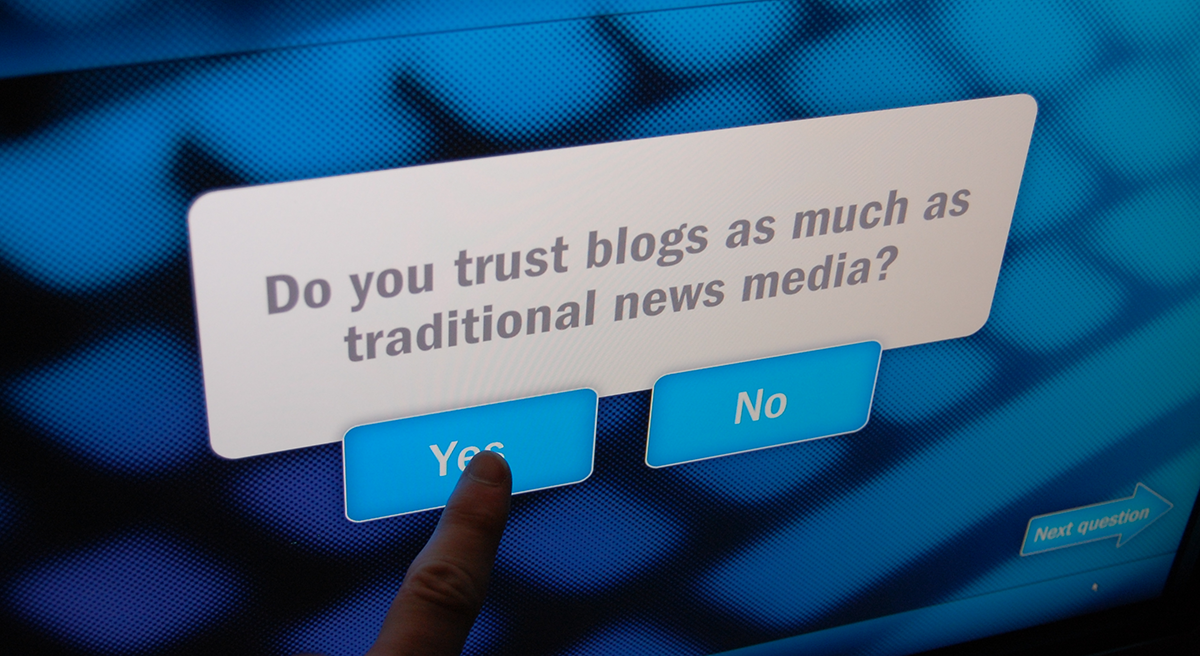Austin Frakt is a health care economist, creator of The Incidental Economist website, and a regular contributor at the New York Times’ Upshot. A few days ago, he published a great piece about the best evidence for the treatment of insomnia. I enjoyed reading it, learned from it, and passed it on to personal connections who suffer from insomnia. As of now, this article is still at the top of the “most emailed” list for the NYT, and I will keep it as a reference for my patients.
In that piece, Frakt presented to the reader the objective information comparing different treatments for insomnia. To do so, he reviewed the medical literature about clinical trials where drug treatment was tested against a form of psychotherapy (cognitive behavioral therapy). The results Frakt reported seem to clearly favor behavioral therapy over drugs.
Yet, for all his claim to simply present objective data, Frakt disclosed a number of personal biases that could very well have influenced his interpretation of the medical literature and put him in conflict with his stated goal.
First of all, Frakt is himself an insomniac and has positively benefited from cognitive behavioral therapy. His anecdotal experience, therefore, could color his review. Secondly, Frakt believes that drugs only treat insomnia symptoms, whereas psychotherapy addresses the underlying cause–“a condition of the mind.” But this belief is not really supported by any objective data (the mind does not lend itself to empirical scrutiny), and could bias him against drug therapy. And third, given his chronic—albeit improved—insomnia, Frakt could conceivably have reviewed the topic while in a state of significantly diminished mental alertness!
Paradoxically, it is precisely because of these disclosed potential biases that I found him to be most persuasive. Consciously or unconsciously, I suppose that Frakt also knew that the “meta” narrative would have that positive effect. After all, if he simply wanted to present the data as objectively as possible, a table listing the studies and their conclusions would have sufficed. Most, if not all, of the trials were favorable to psychotherapy. But, by his transparent admission of his own biases, and by introducing into his report touching personal notes, Frakt gained my trust and, I suspect, the trust of most readers who enjoyed the piece.
Frakt’s persuasiveness was realized on the basis of the emotional bond that his honesty fostered, not on the basis of “the evidence.” I will frankly admit that I simply took Frakt’s word for it and did not bother to click on any of the hyperlinked references he provided. (Full disclosure: Frakt and I have also exchanged a few cordial Tweets in the last few weeks. This undoubtedly also played a role in biasing me in his favor).
On further reflection, the positive effect of Frakt’s transparency is only a paradox because we are now so conditioned into thinking of transparency as a means to reveal a cause for suspicion. As demonstrated by everyday experience, however, the opposite effect actually takes place. Trust is the great shortcut that allows the division of labor which is at the root of social existence and prosperity. Trust is universally sought out, and the best way to gain someone’s trust is to be as transparent and honest as possible about one’s intentions and shortcomings.
So why is it that we have come to see disclosure and transparency in medical research and education in such an adversarial light? Why, if trust should be in the best interest of the pharmaceutical industry as well as in the public’s interest, is it so hard and seemingly unproductive to pry out disclosure of biases? One reason is that honesty and trust are, strictly-speaking, virtues rather than objective behaviors. As such, they may be hoped for, promoted and fostered, but they cannot be ordered or commanded at will.
There is another reason as well, but this will be the topic for another post. Honestly, I am really sleep-deprived and my mind is in a complete fog.
[callout]If you enjoy what you read, don’t forget to share the content with your friends so they too can become Alert and Oriented! Also, sign-up at the upper right-hand corner of your browser (or at the bottom of the page on mobile devices) to receive a free monthly digest of all my posts . Thank you![/callout]
